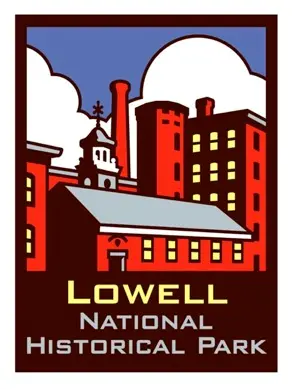Making the World Better
This activity comes from "Making the World Better: The Struggle for Equality in 19th Century America," a free curriculum packet produced in connection with the State House Women's Leadership Project. Developed by the Massachusetts Foundation for the Humanities and the Tsongas Industrial History Center, the packet focuses on two of the six State House honorees, Lucy Stone and Sarah Parker Remond.
Document 7, Lucy Stone's Desire to Attend College, is one of twelve primary source documents that students can use to investigate the ideal of and struggle for equal rights now and in the past. Lucy Stone (1818-1893) was an abolitionist, suffrage leader, and publisher and editor of the "Women's Journal."
Ask students to read Document 7, Lucy Stone's Desire to Attend College (below), and discuss:
- why Lucy Stone wanted to go to college,
- what her father thought about the idea,
- how she responded to her father's decision not to help her,
- why she was paid less than the male teacher she replaced.
Document 7
Lucy found the Bible used to justify the subjection of wives to husbands and of women to men. She rebelled with positive despair for she had been taught that God himself told to Eve "Thy desire shall be to thy husband and he shall rule over thee." Then Lucy learned that the English Bible was only a translation and she resolved that she would go to college and study Hebrew and Greek and learn for herself whether the translation was correct.
Her brother Frank went to college at Marietta, Ohio. Her second brother Bowman was studying at Amherst [College] intending to become a minister. Her father helped them both to go. Lucy said, "I too will go to college and learn Greek." But the family all laughed her to scorn and said a girl can't learn Greek or go to college. Her father said not unkindly to her mother, "Is this child crazy?" Then in a fatherly way he took her aside and said to her, "Your mother learned to read and write and cipher. She can keep accord of her egg and butter money. What more does a girl need to learn?" And he refused to help her. Then she set to work to earn for herself. She picked berries and chestnuts and sold them to buy books. She taught district school for years and succeeded in controlling unruly boys who had thrown the previous teacher, a man, into a snow drift. Yet, she received only a fraction of [his] salary1.
1 Henry Blackwell's handwritten reminiscence of Lucy Stone, Blackwell Family Papers, Library of Congress.
"Making the World Better: The Struggle for Equality in 19th Century America" is a free curriculum packet created by the Tsongas Industrial History Center and Mass Humanities. If you are interested in the full packet, please email: TIHC@uml.edu.


